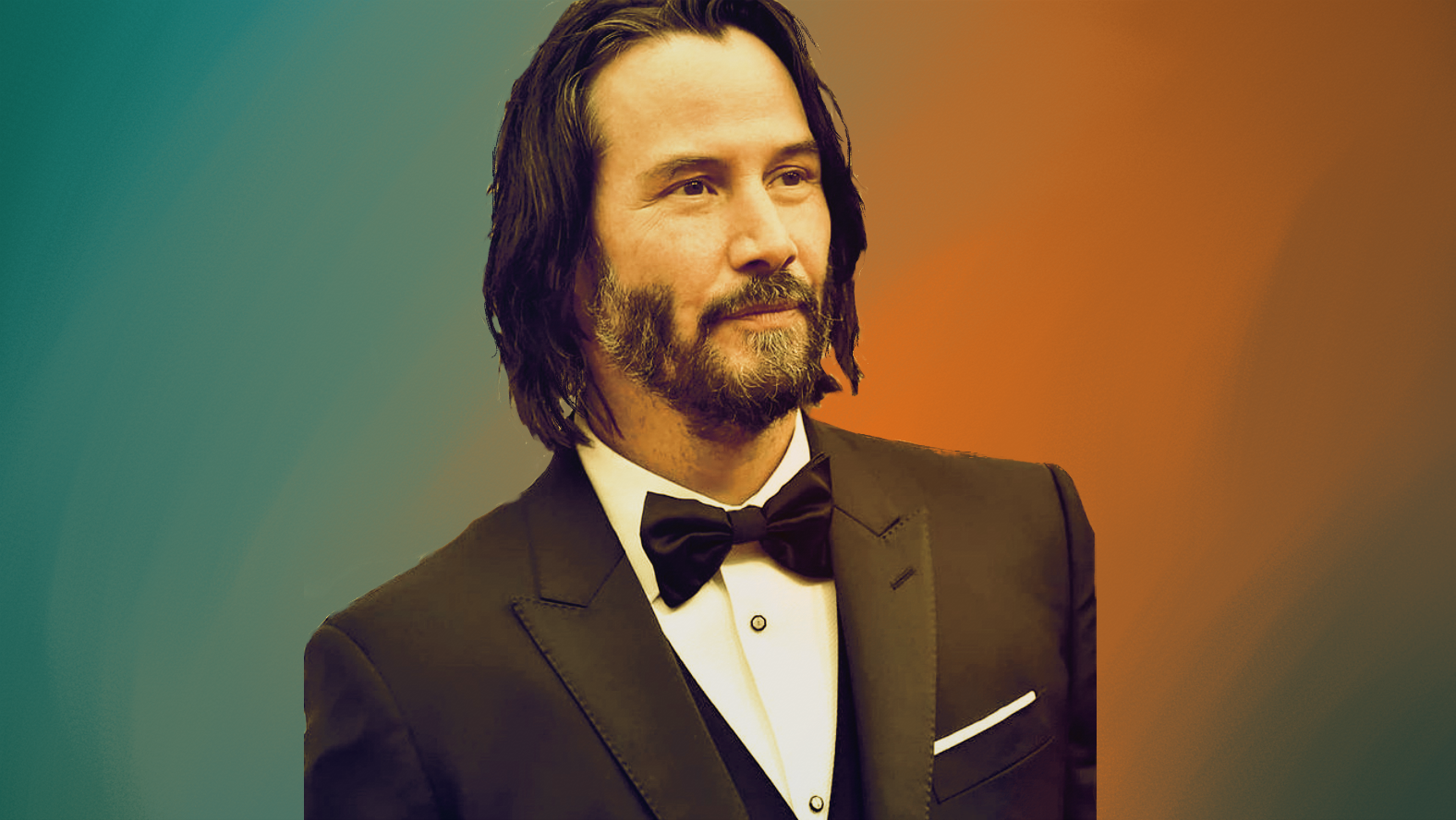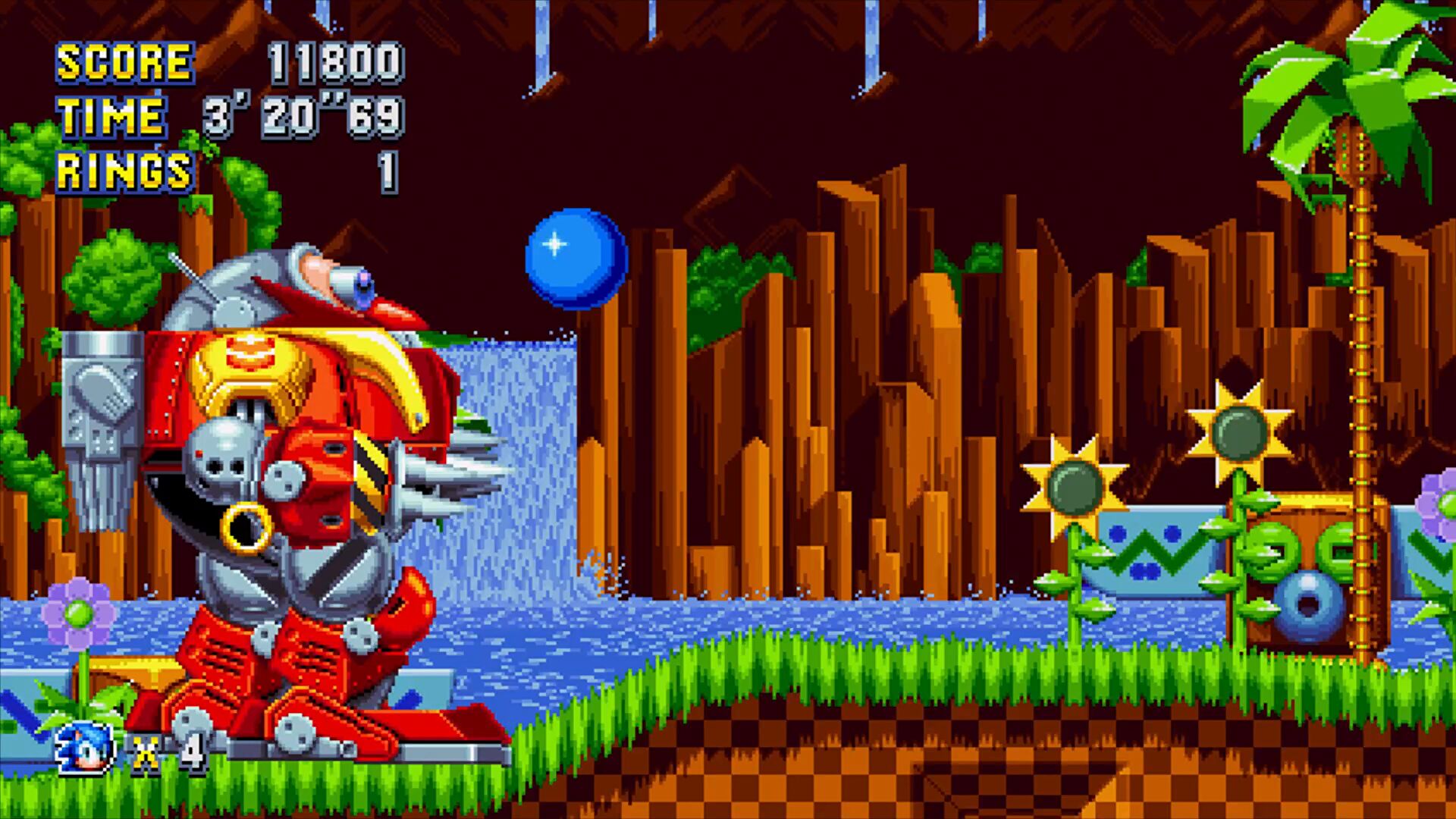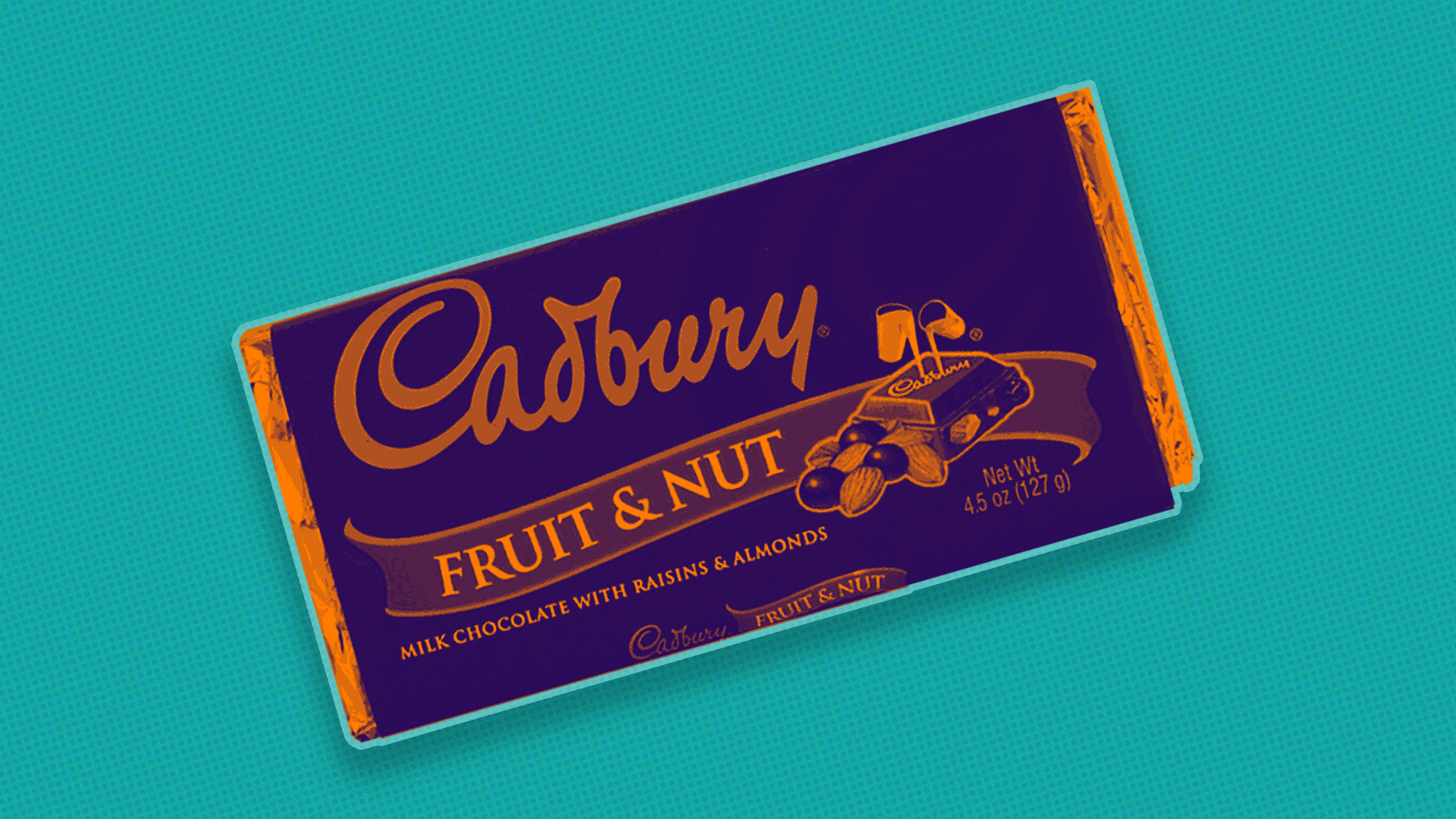The late 1970s seemed to provoke a lot of outrage at the output of children’s television. Grange Hill is the obvious example, but ITV didn’t escape the ire either, not least with Thames Television’s afternoon sketch show Pauline’s Quirkes.
The show was devised as a vehicle for Pauline Quirke, who together with Linda Ronson and others, had made a splash with You Must Be Joking! the year before. It premiered on this day in 1976, at 4.45pm.

Alan Coren, a middle-aged man who the show was definitely aimed at, didn’t like it, and wrote as much in his column for The Times.
… the leitmotif of yesterday’s miasma concerned the genitalia of a pop group called Flintlock … I really do not know which I most hate, the ruining of the language, the pandering to the lowest levels of intelligence, the gods offered for idolatory, or the smut. All I know is, I hate.
Alan Coren, The Times, 7th December 1976
That’s a lot of bile for a show made for teenage girls. The sketch in question involved the house band appearing naked … except they didn’t. The joke was that their groins were completely missing. But, rather than focussing on the actual truth, The Spectator picked up Coren’s baton and ran with it.
Meanwhile, in The Times of Tuesday, Alan Coren described a children’s programme put out the day before called Pauline’s Quirkes in which seventeen-year-old Pauline Quirke had whipped an audience of little girls into a state of hysteria by encouraging a pop group called Flintlock to strip off, which they obligingly did.
Richard Ingrams, The Spectator, 11th December 1976
This programme, one of a series of six, was produced by Roger Price who unrepentantly told The Times that Pauline’s Quirkes had not been made for ‘middleaged, middle-class reviewers, but for barely literate teenage girls.’ His aim, needless to say, was to expose the shortcomings of the pop world but in such a way that the audience wouldn’t notice: ‘Once my audience know we are trying to improve them they would cease to pay any attention to it.’
Judge for yourself if you like.
Others disapproved too. It probably didn’t help that the show was broadcast aorund the same time as Grundy’s interview with the Sex Pistols, and some other controversial moments including a cancelled sex film, and Eamonn Andrews’ interview with pornographer Fiona Richmond.

There’s a lot in these shows that rightly bothers modern sensibilities, but like Grange Hill, much of the focus was on the kids ‘not talking properly’.
Some ITV regions dropped the show – among them Anglia, who insisted it wasn’t because of the complaints. In fact, there were hardly any complaints at all … Thames said they’d only had two phone calls about it. I guess the plural in the above clipping is technically correct.

Jill Weeks took a rather more balanced look at the show, putting it in the wider context of the upcoming codification of Childrens’ television policy by the IBA.

Pauline’s Quirkes wasn’t given a second series, but Pauline’s People hit screens a year later, with a similar format.















